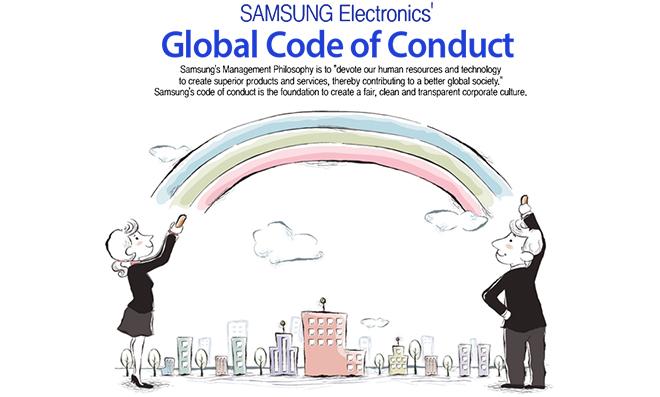In a court filing late Tuesday, Samsung revealed that Apple publicly disclosed details of its patent licensing terms with Nokia, as well as NEC, on the PACER electronic court records system, while at the same time seeking damages from the Korean tech giant for leaking that very information.
Apple in October brought motion against Samsung as part of the original Apple v. Samsung California patent trial when it came to light that the Korean company's counsel inadvertently disseminated sensitive patent licensing information to Samsung executives. Apple and Nokia contend the information was used by Samsung to get a leg up on competitors, though the allegations were not adequately proven.
Now, according to a Samsung motion to compel spotted by FOSS Patents' Florian Mueller, it appears Apple itself had published documents on Oct. 10, 2013, containing those exact terms to the Internet, leaving them there for four months before they were redacted.
Apple's and Nokia's scorched-earth approach to Samsung's inadvertent disclosure, and the amount of the concomitant fees Apple and Nokia incurred in pursuing those efforts, must be juxtaposed against the fact that Apple had simultaneously posted (and Nokia neglected to notice) this information on the Internet for all the world to see. The fee award should be reduced accordingly.
In January, the U.S. District Court for the Northern District of California ruled it would not sanction Samsung for the alleged leak as Apple and Nokia failed to prove the information was leveraged unfairly in subsequent patent licensing negotiations. instead placed blame on the company's counsel Quinn Emmanuel.
Apple and Nokia apparently attempted to seal all mention of the October misfiling, which Samsung claims was a move meant to hide the error from the public. Nokia supposedly argued the filings should remain sealed indefinitely because individuals who already downloaded the docket without realizing its contents would be alerted to its sensitive nature.
With the motion to compel, Quinn Emmanuel's endgame is to reduce fees associated with the court's sanctions over the alleged leak. Further, Samsung may turn the tables by sanctioning Apple, depending on what new information comes to light. The motion claims Apple inadvertently filed, on two separate subsequent occasions, additional documents containing licensing terms with Samsung and Google.
The court has scheduled a hearing for Apr. 8 to discuss the matter.
 Mikey Campbell
Mikey Campbell







-m.jpg)






 Charles Martin
Charles Martin
 Christine McKee
Christine McKee
 Wesley Hilliard
Wesley Hilliard
 Malcolm Owen
Malcolm Owen
 Andrew Orr
Andrew Orr
 William Gallagher
William Gallagher
 Sponsored Content
Sponsored Content








36 Comments
Oops!
In the famous words of Emily Litella; "Never mind!"
Oh dear. I'm not sure if there's a legal argument on "pot calling the kettle black" lines, but I can't imagine this will help Apple out.
So Apple should also be fined and have to pay themselves for leaking the information as well.
Maybe this is entirely different but it almost sounds like saying you didn't break into the house because the door was left unlocked.
We'll see how this plays out when all of the details are revealed -- it may or may not turn out to be the same thing. Apple should be treated the same as any other company if found guilty of wrong-doing. Period.